America’s successful agriculture framework is built upon the ideals that individuals have the opportunity to own property and are able to use it to produce an economic benefit for themselves and their communities.
As technology has evolved, so have food production practices. Improvements in efficiency, safety and conservation have been a natural outcome from producers’ desires to feed, clothe and fuel their families and communities. And from their successes, we are able to abundantly feed and clothe our nation.
The existence of family farms that have remained in production in Oklahoma since statehood is evidence that producers are proactively caring for the land, water and animals they own. Farmers and ranchers face uncertain pest and weather patterns year after year, so an intimate knowledge of, and desire to care for the land and the animals is essential to their continued success.
The United States Government enforces change in the forms of laws and regulations. As it has become increasingly difficult to pass legislation through Congress, the power has shifted to regulatory agencies. According to RealClearPolicy, more than 3,600 new regulations are issued each year.
Problems arise when regulations become an unnecessary burden on businesses and producers who are required to comply.
Rather than being able to voluntarily focus resources on improving production practices and making beneficial changes for their land and their animals, farmers and ranchers are being forced to make costly and unnecessary changes to their operations to meet ever-changing regulations.
A typical farm or ranch in Oklahoma must comply with regulations for food animal welfare; safety of food products and production practices; land, air and water quality; conservation and many others. Often, different agencies issue contradictory regulations, so producers can be penalized despite their best efforts to keep up.
RealClearPolicy estimates that Federal regulation adds up to a hidden tax on American families in the amount of $15,000 per year. In most industries, business owners are able to pass the cost of regulation on to consumers in the form of higher prices for their products. Farmers and ranchers in a commodity market do not have that luxury. Each additional regulation puts an extreme financial burden on producers who are faced with limited potential profit margins.
Ultimately, the increasingly high cost of additional regulation is driving some farmers and ranchers out of business. If they can no longer afford to keep up with changing regulations, they have no choice but to discontinue production.
For each farm or ranch in the United States that goes out of business, an additional responsibility falls on other domestic or foreign producers. While foreign producers may be able to continue to provide American consumers with choices, it is unlikely they follow the same labor and safety standards American producers are held to.
Thanks to farmers and ranchers in Oklahoma, and across the country, consumers have access to a wide range of safe and affordable choices in feeding and clothing their families. It is certainly in the best interest of current and future generations to allow them the freedom to do what they do best.
